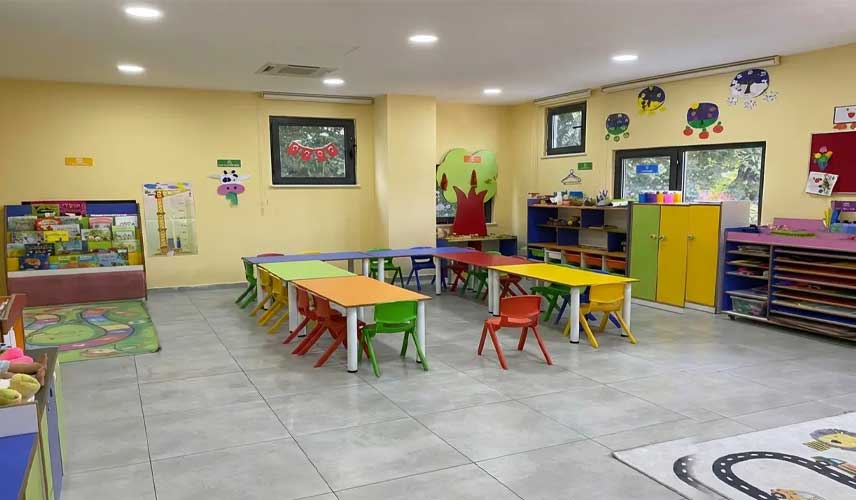
What Benefits Does Learning a Foreign Language Provide for Children?

Today's parents believe that receiving foreign language education at a young age has significant advantages for children. The increase in searches for sisters who speak English or Filipino nannies indicates that this is indeed the case. Research also supports the idea that young children are quite inclined to learn a second or third language and that it is a good idea to take advantage of this situation. There are indeed some disadvantages mentioned, but it seems that the advantages are more dominant. So, what benefits does learning a foreign language provide to a child, and what advantages does it add? If you want to gain more insight on this topic, you should continue reading our article.
- Children who are correctly exposed to two languages simultaneously understand and can use both languages at a certain age.
- We cannot say that being bilingual has tremendous results in terms of intelligence development, emotional development, or academic success in children; there are no clear results regarding these issues. However, it is undeniable that language learning has significant social gains. Language skills enable a child to communicate confidently and comfortably in environments where the learned language is used.
- Ultimately, you will want your child to know one or more foreign languages because you know that this could benefit them in the future and make them a preferred candidate for certain jobs. If you research the periods when people are most inclined to grasp foreign languages, you will see that almost all studies point to the childhood years before adolescence. Learning a foreign language during childhood saves time for individuals. Learning a language will be more difficult and take longer in later stages.
- A baby growing up in an environment where two languages are spoken will have a stronger memory compared to peers growing up in a monolingual environment.
- As an adult, when you start to learn, understand, and use a foreign language, it gives you a sense of achievement, pride, and confidence, and you feel that your horizons are expanding. Your child learning a language will also feel these things.
- Which areas of your brain work more? Of course, the parts you use more. The language centers of the brain in children learning a foreign language will naturally develop and grow.
- People who know more than one language experience less distraction.
- A child learning a foreign language will immerse themselves in the structure and rules of the language. This may also enable them to use their native language better.
Child Development and Education Other Content in the Category

Child Development and Education
Ways to Develop Fine and Gross Motor Skills in Children

Child Development and Education
First Day at Kindergarten: 12 Tips to Ease the Transition

Child Development and Education
6 Tips for Success

Child Development and Education
8 Reasons for Attention Difficulties in Children

Child Development and Education
Problems Related to Homework and Solutions

Child Development and Education
15 Life Skills Your Teen Should Acquire

Child Development and Education
35 Positive Messages Your Child Needs to Hear

Child Development and Education
10 Characteristics of Good Enough Parents

Child Development and Education
Child Development: The First 5 Years

Child Development and Education
7 Things You Need to Do to Raise a Well-Rounded Child

Child Development and Education
14 Effective Methods to Improve Children's School Success

Child Development and Education
8 Tips for Positive Parenting

Child Development and Education
10 Ways to Communicate Well with Children

Child Development and Education
How Does Changing Schools Affect Children?

Child Development and Education
